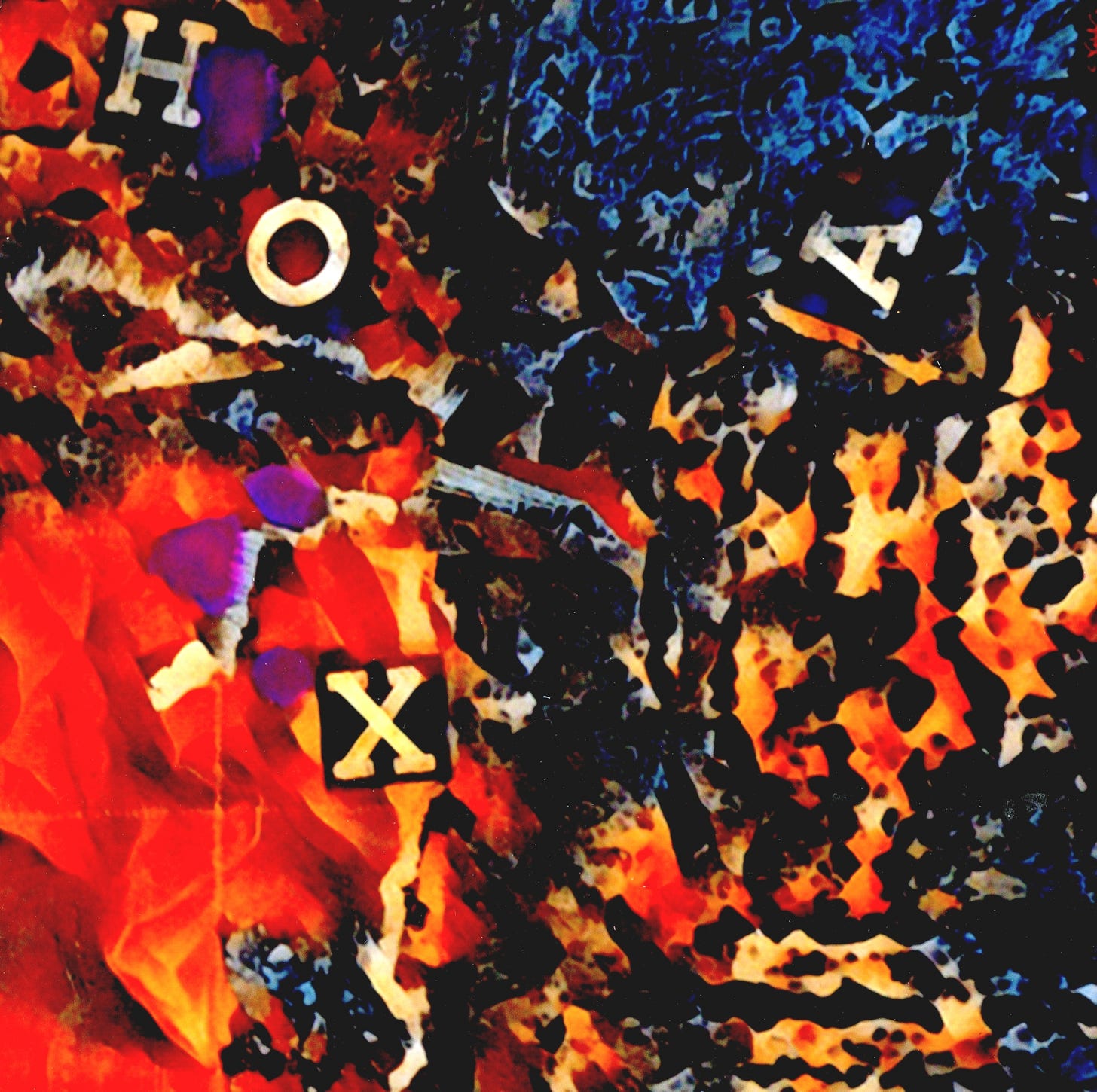Would giving creatives $100,000 a Year Lead to Laziness or Non-Productivity?
#CreativeFreedomAct

The potential criticism that giving creatives $100,000 would lead to laziness, addiction, or non-productivity is rooted in outdated assumptions about human motivation—particularly the idea that people only work when forced by necessity or fear of poverty.
The Creative Community is singularly the least likely demographic in the country to squander this resource. Here’s a layered rebuttal:
1. Most Creatives Already Work Under Financial Pressure—and Still Create
Creatives are some of the most self-motivated people alive. Many work tirelessly without external rewards, often balancing multiple jobs, facing rejection, and producing deeply meaningful work for little or no pay. If they were going to “opt out,” they would have already. The creative impulse is not driven by money—but freedom enables deeper and better work.
2. The Idea That People Must Suffer to Contribute Is a Legacy of Industrialism
This mindset assumes that unless people are struggling, they’ll become lazy or immoral. But this is a projection of a system built on coercion. Artists are not factory workers—they’re stewards of imagination, insight, beauty, and cultural memory. When given space, resources, and time, they tend to go deeper, not disappear.
3. Evidence from UBI and Arts Grants Contradicts the Fear
Studies of Universal Basic Income pilots (e.g., in Finland, Canada, and the U.S.) show that people don’t stop working. In fact, they often become healthier, more stable, more creative, and more likely to pursue education or entrepreneurship.
Arts fellowships, residencies, and endowments have a long history. Recipients rarely vanish into distraction. They produce some of the most profound and lasting works precisely because they had time and freedom.
4. Distrust of Creatives Reflects Cultural Misunderstanding
The fear that artists would “waste the money” says more about society’s suspicion of non-conformity than about artists themselves. It reflects a distrust of anything that doesn’t look like traditional labor or consumption. But this is exactly the worldview we must outgrow.
Creativity is not frivolous. It is how new worlds are born, how cultures regenerate, how societies imagine new futures.
5. Even If Some “Waste” the Opportunity—So What?
There will always be variance. Some people will flounder. Some might take a break or recover from trauma. That’s okay. The point of such support is not control—it is trust. Trust that most people, when supported, will grow into the best version of themselves. And when we treat people with dignity, they tend to respond in kind.
Bottom Line
Give artists $100,000 and you won’t get less work—you’ll get better work.
You’ll get deeper books, riskier paintings, new forms of music, bold films, wild experiments, and healing spaces that culture needs. You’ll get art that isn’t shaped by market demand, but by conscience, curiosity, and the soul.
Creatives don’t need policing.
They need trust, time, and tools.
And when we offer that, we aren’t just funding individuals—we’re investing in the cultural immune system of the future.
Hashtags to use: #CreativeFreedomAct #CultureShiftAct #CreativeSocietyAct
web address: https://www.touchonian.com/s/creative-freedom-act



I’m agreeing with every point you’ve made. Even one or two years of some sort of grant like that would be life changing for me. And would only serve to fuel my practice as an artist and ability to make a difference in my community.
Bravo! Good points all. Recently, our son received an unexpected grant from some obscure foundation (one woman entrepreneur)to use to buy supplies. A small amount, but He was so surprised and, of course, delighted.